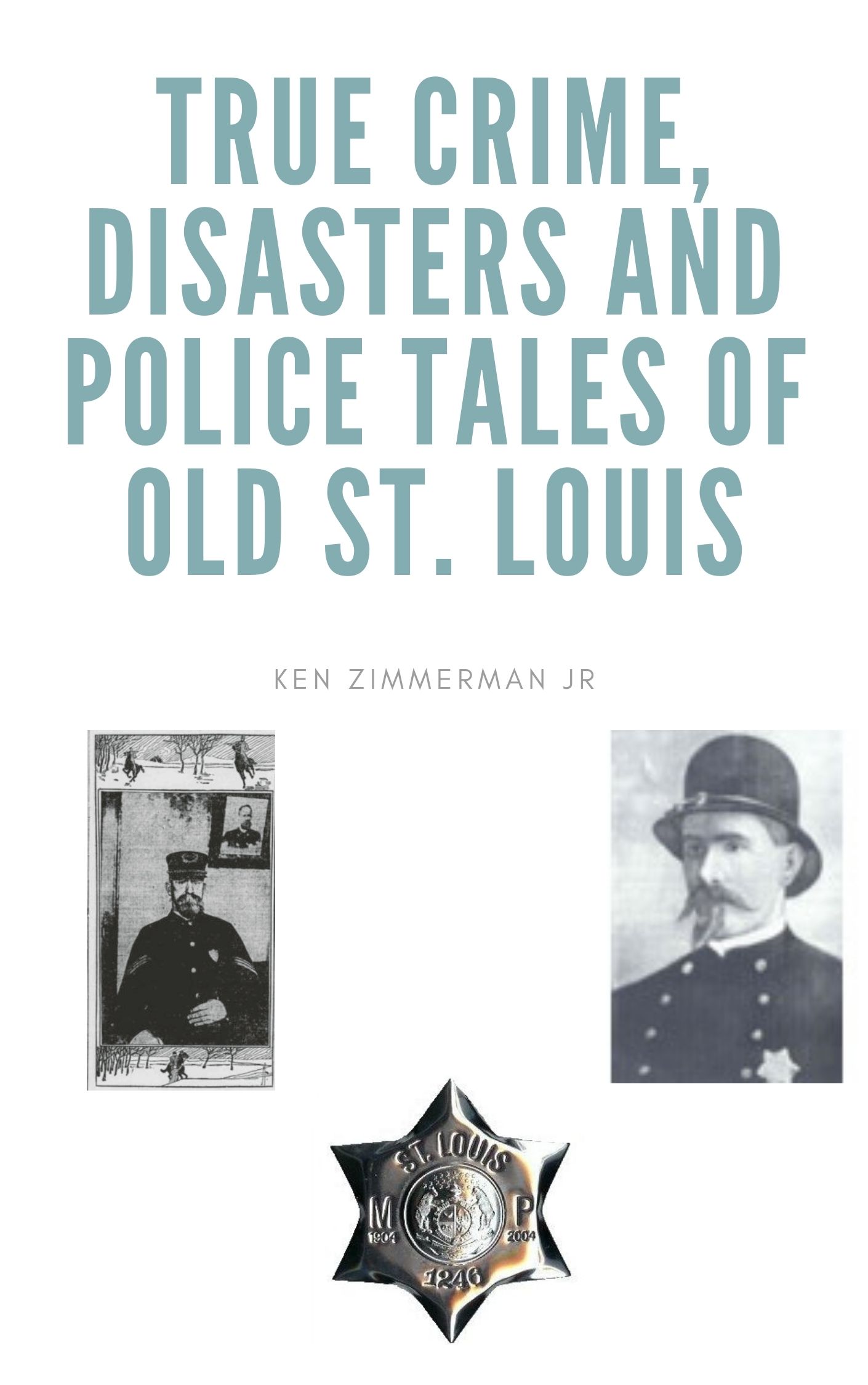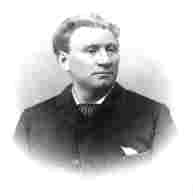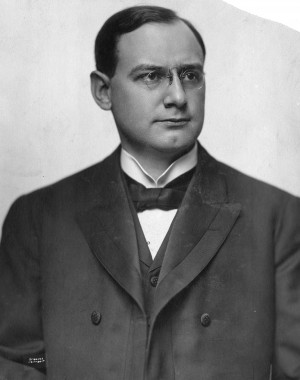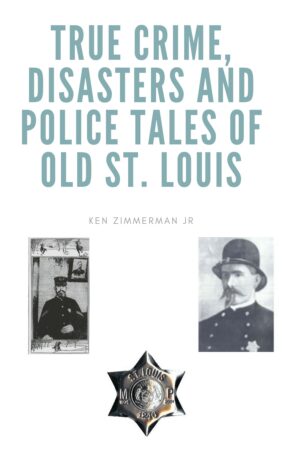Boss Butler and the St. Louis Machine
When it comes to machine politics and organized crime, Kansas City has always outshone St. Louis. Kansas City’s Pendergast political machine helped land Harry S. Truman in the White House. Kansas City was also home to several high-profile gangland shootings. St. Louis’ last organized crime leader was arrested for playing cards.
We did have a Democratic party political machine around the turn of the century though. It would be broken up by crusading Democratic District Attorney Joseph Folk in 1902. However, for over 25 years, “Boss” Butler and The Big Cinch controlled city government and city jobs.
Colonel Edward “Boss’ Butler, who was born in Ireland on July 3, 1840, ran the St. Louis Democratic Party machine from around 1876 until his conviction on bribery charges in 1904. The local business elite made up The Big Cinch, which paid Butler bribes or “boodle” to get things done at City Hall. The practice called “boodling” would eventually lead to Butler’s conviction.
Butler and his family came from Ireland in 1857. According to James Neal Primm’s Lion of the Valley, St. Louis 1764 – 1980, Butler initially made his fortune by bribing government officials for the shoeing contract for the mules that pulled the street cars He built a large stable and livery business and made a fortune shoeing mules for $2.00 an animal.
Butler was an astute money-maker and realized it was more profitable to take the bribes than to pay them. He built an organization around controlling the ward and precinct organizations of the Democratic Party. Democrats needed his votes to get elected. Butler would also work with the Republicans, so he was able to influence any administration.
The Big Cinch was a group of elite local businessmen, who paid Butler his “boodle” for getting them city contracts or removing bureaucratic red tape. The Big Cinch and Butler would find themselves in hot water though in 1902.
The Jefferson Club was a reform minded Democratic organization but it was reform with a small “r”. None of the previous nominees had troubled Butler or the Big Cinch. Harry Hawes, the president of the Jefferson Club brought Joseph W. “Holy Joe” Folk to meet Butler. Hawes wanted to run the lawyer for City Attorney. Butler looked over the disarming “little man” and said fine.
Folk was elected and spent the next two years going after both Butler and the Big Cinch. His work would lead to Butler’s conviction for bribing city health officials to keep the garbage disposal contract for the city. The Missouri Supreme Court later reversed the decision.
In the November 20, 1904 edition of the St. Louis Post-Dispatch, Butler asserted that St. Louis was a Republican town. He further stated that Joe Brown was the only truly elected Democratic mayor over the past twenty-five years. According to Butler, every other election had been stolen by the Democratic machine.
“Boss” Butler died on September 10, 1911 due to cerebral hemorrhage. He was 71 years old. His estimated worth was 2 million dollars. He was laid to rest in Calvary Cemetery with many other famous St. Louisans on September 12, 1911.
If you would like to leave a comment or ask a question about this post, you can do so on my Facebook page or Twitter profile.

Book Cover for True Crime, Disasters and Police Tales of Old St. Louis




